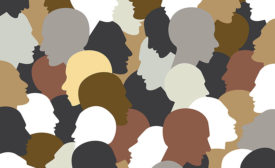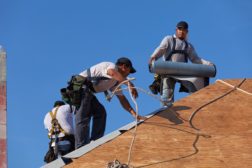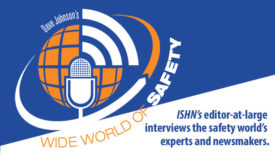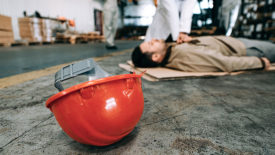Articles by Dave Johnson
Dave Johnson: What's Going On
Wouldn’t it be nice: A 'perfect' approach to mental health in the workplace
May 11, 2023
Ready for the digital safety culture?
After all, we live in a digital world
April 18, 2023
Who safeguards the 15-year-old roofer?
The shadow workforce of migrant youth is dangerously exploited
March 14, 2023
Breaching the C-suite
Powerful execs can be intimidating when it comes to safety
December 13, 2022
Get our new eMagazine delivered to your inbox every month.
Stay in the know on the latest safety trends.
SUBSCRIBE TODAYCopyright ©2023. All Rights Reserved BNP Media.
Design, CMS, Hosting & Web Development :: ePublishing










